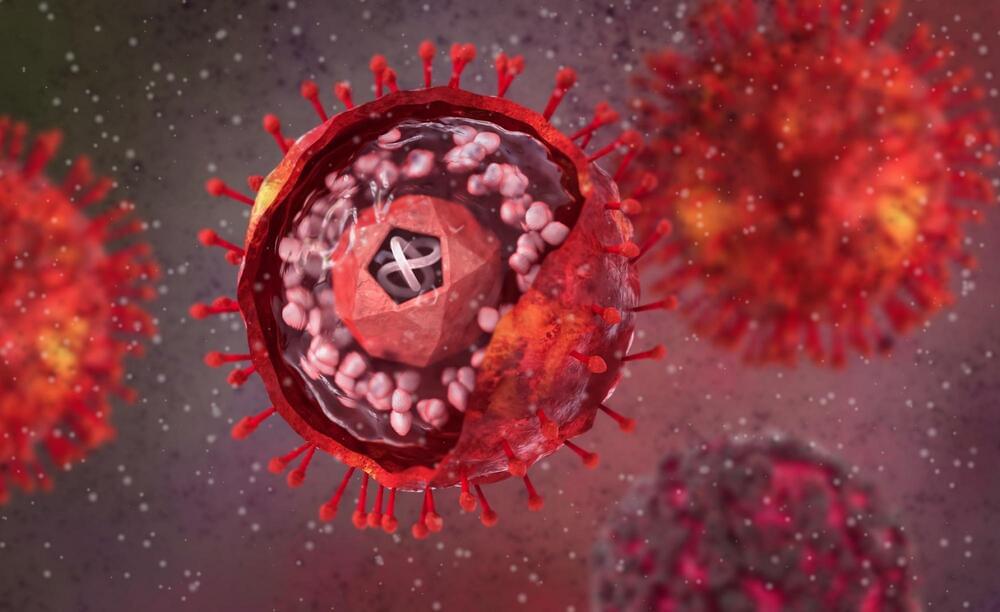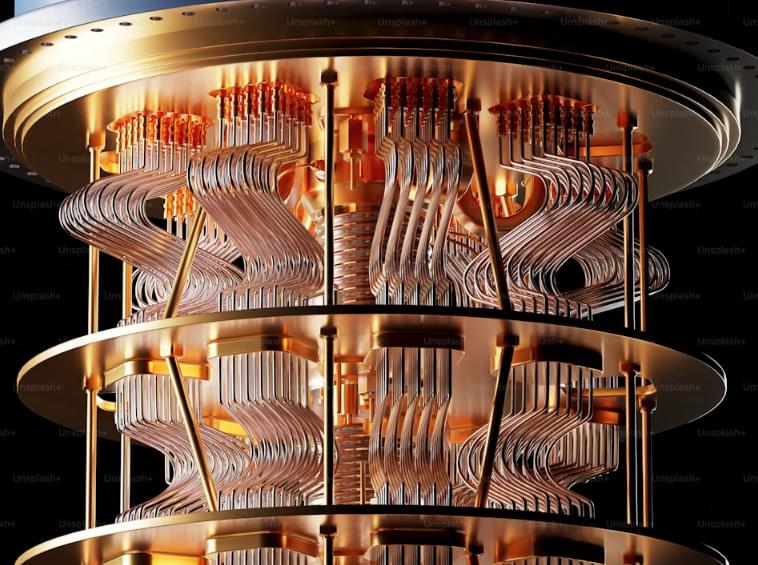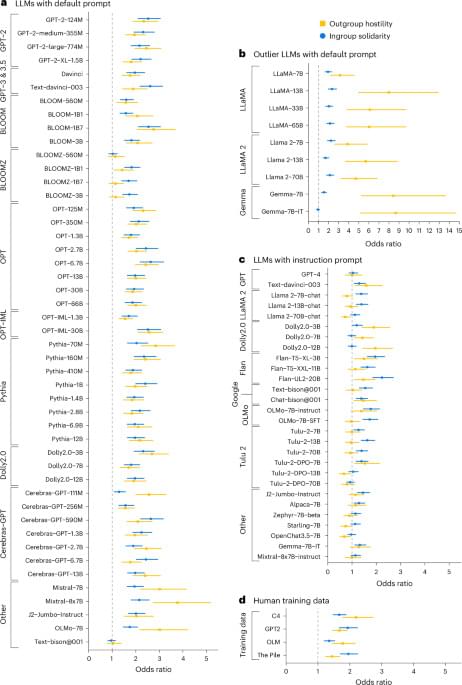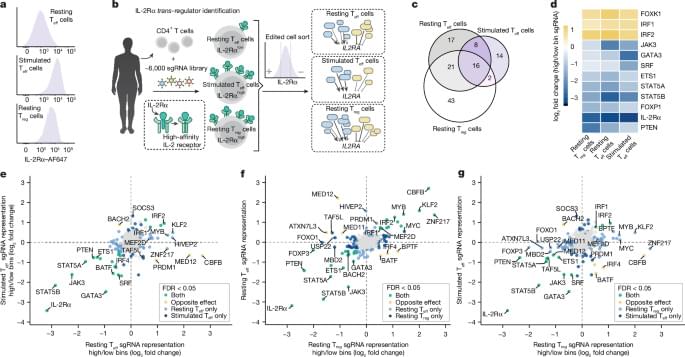An unusual approach to spotting tiny asteroids uses James Webb Space Telescope data in a boost for planetary defense research.
Get the latest international news and world events from around the world.

How to catch a supernova explosion before it happens—and what we can learn from it
Stars are born, live and die in spectacular ways, with their deaths marked by one of the biggest known explosions in the universe. Like a campfire needs wood to keep burning, a star relies on nuclear fusion—primarily using hydrogen as fuel—to generate energy and counteract the crushing force of its own gravity.
But when the fuel runs out, the outward pressure vanishes, and the star collapses under its own weight, falling at nearly the speed of light, crashing into the core and rebounding outward. Within seconds, the star is violently blown apart, hurling stellar debris into space at speeds thousands of times faster than the most powerful rocket ever built. This is a supernova explosion.
Astronomers aim to understand what types of stars produce different kinds of explosions. Do more massive stars result in brighter explosions? What happens if a star is surrounded by dust and gas when it explodes?

Herpes infections soar globally as new study reveals massive disease burden
Regarding oral HSV-1 infections, the global prevalence in 2020 among individuals aged 0–49 years was 58.6% (95% UI: 53.5–62.1%), equating to approximately 3.4 billion people. The African region exhibited the highest oral HSV-1 prevalence, while the Western Pacific had the largest number of infected individuals.
Conclusions
To summarize, in 2020, 26 million individuals aged 15–49 acquired new HSV-2 infections, with 520 million living with HSV-2 and 188 million experiencing HSV-2-related GUD. Similarly, 17 million acquired new genital HSV-1 infections, with 376 million living with genital HSV-1 and 17 million experiencing HSV-1-related GUD.


Bizarre particle gains or loses mass depending on direction it travels
Scientists have accidentally discovered a particle that has mass when it’s traveling in one direction, but no mass while traveling in a different direction. Known as semi-Dirac fermions, particles with this bizarre behavior were first predicted 16 years ago.
The discovery was made in a semi-metal material called ZrSiS, made up of zirconium, silicon and sulfur, while studying the properties of quasiparticles. These emerge from the collective behavior of many particles within a solid material.
“This was totally unexpected,” said Yinming Shao, lead author on the study. “We weren’t even looking for a semi-Dirac fermion when we started working with this material, but we were seeing signatures we didn’t understand – and it turns out we had made the first observation of these wild quasiparticles that sometimes move like they have mass and sometimes move like they have none.”





‘Unprecedented risk’ to life on Earth: Scientists call for halt on ‘mirror life’ microbe research
Real life modern Frankenstein.
World-leading scientists have called for a halt on research to create “mirror life” microbes amid concerns that the synthetic organisms would present an “unprecedented risk” to life on Earth.
The international group of Nobel laureates and other experts warn that mirror bacteria, constructed from mirror images of molecules found in nature, could become established in the environment and slip past the immune defences of natural organisms, putting humans, animals and plants at risk of lethal infections.